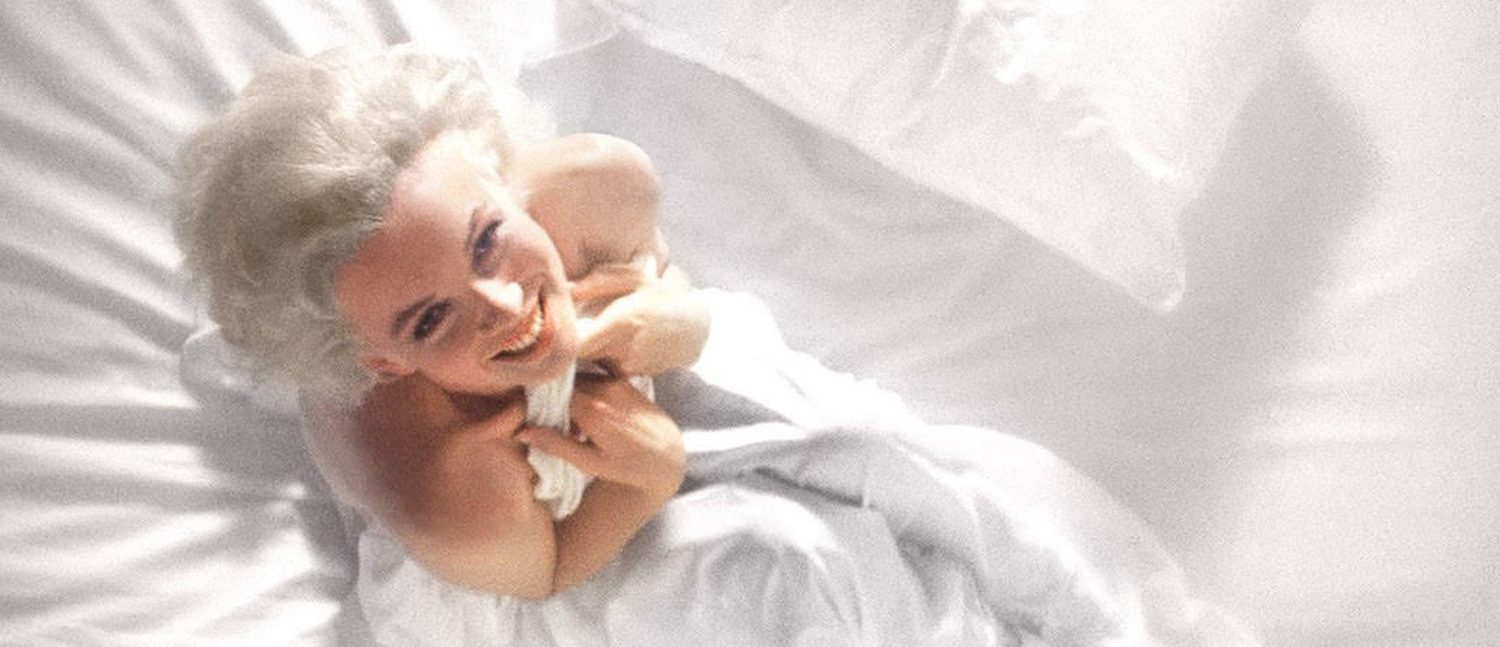Susan Sklover
Susan Sklover appeared in both American Legacy and Bobby and Jackie: A Love Story. Miss Sklover, who Heymann interviewed, or at least he so asserted, appeared as a Brown University graduate student in American Legacy. Heymann claimed that she was familiar with the women John Kennedy Jr. dated when he attended Brown. Half the women on campus lusted after him, Miss Sklover allegedly reported to Heymann, and while it helped that he was a Kennedy, the main attraction had to be physical. […] The term ‘tall, dark, and handsome’ seemed to have been invented to describe him. He was a hunk and a half, a perfect 10 (Heymann: Legacy, 237). In Bobby and Jackie: A Love Story, Miss Sklover appeared as a White House physical therapist during the Kennedy administration. According to Heymann, the president’s Secret Service contingent awarded the therapist with a nickname: S.K. Lover; but neither that moniker nor the name Susan Sklover appeared in any White House logbooks. Additionally, according to Heymann: Susan waited
forty-five years to discuss the true nature of her employment by JFK. “I’d been recommended for the position by Peter Lawford, whom I’d known in Los Angeles, where I studied for my degree in physical therapy. I flew to Washington and was interviewed by Pierre Salinger, of all people. To my surprise, he asked me nothing about my professional training or experience as a physical therapist. Instead he told me how wonderful it was to work for the president. When I asked him for a copy of JFK’s medical history so I could arrange a treatment plan, Salinger hemmed and hawed—in the end, these documents never materialized. When I finally met the president, I realized why I’d been hired. The only kind of physical therapy he wanted was sexual in nature, and I was too young and dumb to refuse.”
For all his sexual experience, Jack Kennedy struck Susan Sklover as “an ordinary lover.” Mechanical and cold, Kennedy insisted Sklover perform fellatio but never offered to reciprocate. Afterward he lay on his back and asked her to “climb aboard.” The entire act lasted no more than a minute or two. “He wanted to be serviced,” she said, “but couldn’t have cared less about his partner’s satisfaction. I spent a weekend alone with him at Camp David while Jackie went to New York on what JFK called the ultimate shopping spree” (Heymann: Bobby and Jackie, 28-29).
David Cay Johnston contacted Brown University and inquired about Susan Sklover. He received an email in response: the school stated that their records did not include any student named Susan Sklover. Johnston then added that he searched public records and located two women who shared the name Susan Sklover and both were aware of each other. Neither Susan, however, knew of any other women who shared their name. Additionally, neither Susan could recall speaking to a writer named C. David Heymann, any researcher or investigator associated with the author. Neither woman, Johnston noted, had attended Brown University, knew John Kennedy, Jr. or had ever worked in the White House; he then added: The women were born in 1954 and 1960, which meant they were both children during the Kennedy administration.1Op. Cit. Johnston.Clearly and certainly, Clem insolently stitched Susan together using whole cloth.
On September the 19th in 2014, prior to their disclaimer regarding American Legacy, NPR appended the following editorial comment:
David Heymann died in May 2012. On Aug. 27, 2014, Newsweek took a long look at his career. It concluded that his books were “riddled with errors and fabrications.” Spokesmen for Heymann’s publisher, Simon and Schuster, declined to discuss the matter with Newsweek. According to Newsweek, it was prompted to look at the questions regarding Heymann’s books by San Diego lawyer Donna Morel, who had long been skeptical about the author’s work and had conducted her own investigation of his reporting.
The bold font in the preceding quotation is a hyperlink to David Cay Johnston’s Newsweek article about Clem Heymann and his biographical lies. Donna Morel provided Johnston with most of the information presented in that article.
